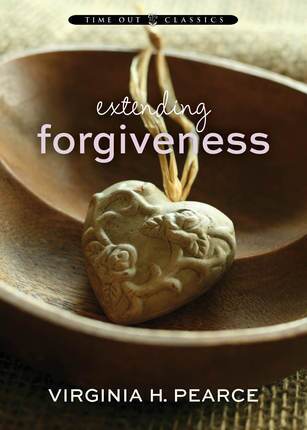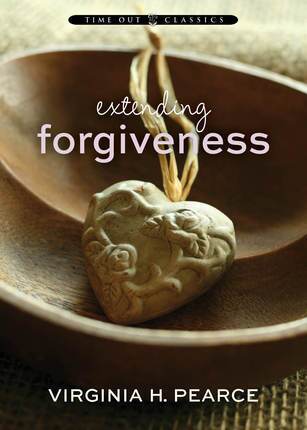Forgiveness is fundamental to personal peace and happiness. Forgiveness is fundamental to civilization.
I have taught for many years at the university level two exciting world civilization courses entitled “History of Creativity in the Arts, Science, and Technology” that cover the dawn of civilization to the present day. (I also helped to write and edit the two volumes that accompany the course here and here).
This “History of Creativity” course helps learners to see acts of civilization as acts of creativity. All that has brought humanity to where we are today are acts of creativity.
The course also empowers learners to rediscover and act upon their own God-given creativity. Learners remember that one of God’s greatest attributes is as a creator. As sons and daughters of God we partake of His divine capacity for creativity.
President Uchtdorf taught this principle compellingly when he said,
“Remember that you are spirit daughters of the most creative Being in the universe. Isn’t it remarkable to think that your very spirits are fashioned by an endlessly creative and eternally compassionate God? Think about it—your spirit body is a masterpiece, created with a beauty, function, and capacity beyond imagination. . . .The more you trust and rely upon the Spirit, the greater your capacity to create” (“Happiness, Your Heritage,” see also the Mormon Message of this quote here).
Of course, learning about the past is not all rosy creativity.
A review of the past invites some trauma and pain. There is much in the collective human past that is terrible, ugly, destructive, unjust, and ungodly.
As we remember the past and as we learn about the past, we might experience feelings of anger or disgust at the actions or inactions of others. We might feel hopeless about the good that has been squandered or lost, or ache over the broken hearts of God’s children that were not gently loved and lifted.
What might sooth such trouble?
It is a principle that I believe we must all embrace to come to peace with all pasts, including our own.
When I teach about the past I also teach the principle of forgiveness:
“Forgiveness is abandoning hope for a better past,” said Lily Tomlin.
Reflect on this statement again.
How many of us wish for different pasts in our lives? Harsh words spoken, that are like seeds of noxious weeds scattered to the wind, that we wish we could retrieve? Actions made against family or friends that fill us with regret? Inaction that has left us wondering, “what if”?
Have we ever encountered knowledge about past Church history that leaves us wondering or with questions or wishing that portions of that past would have been different?
If we ruminate for too long on these pasts we may lose our sense of balance, of peace, and of hope.
We can wish for a better past or we can abandon all hope for a better past, embracing forgiveness that heals the cracks and breaches of unfulfilled expectations.
How do we act on such forgiveness?
- Frankly acknowledge the source of our pain.
- When we feel tempted to remember the past with anger or disillusionment, choose to remember that Christ can make all things whole.
- Express gratitude for the goodness, light, and truth that animates our lives.
- Do not dwell on the pains of the past any longer than is instructive to empower our lives to be better.
- Remember and believe the words of Moroni:
“Condemn me not because of mine imperfection, neither my father, because of his imperfection, neither them who have written before him; but rather give thanks unto God that he hath made manifest unto you our imperfections, that ye may learn to be more wise than we have been” (Mormon 9:31).
As we forgive our own past, we will have greater empathy to forgive the pasts of others.
As we trust in the all-encompassing and all-healing power of Jesus, we will have the strength to abandon all hope of better pasts.
For more on this intriguing topic, check out Extending Forgivenessby Virginia H. Pearce.
Is forgiveness possible even when there is no restitution and no remorse on the part of the perpetrator? Is forgiveness possible when your pain and loss seem unbearable and the perpetrator appears to suffer no consequence? Bestselling author Virginia H. Pearce declares, “We always have a choice when we are wounded. We can pass the pain on or return it. Or we can metabolize it and treat others differently than we’ve been treated.” Using real life examples and stories from the scriptures, she reveals that the greatest wounds we inflict are often those we have no idea that we are inflicting. But when we forgive others, we mirror God’s mercy to us.



